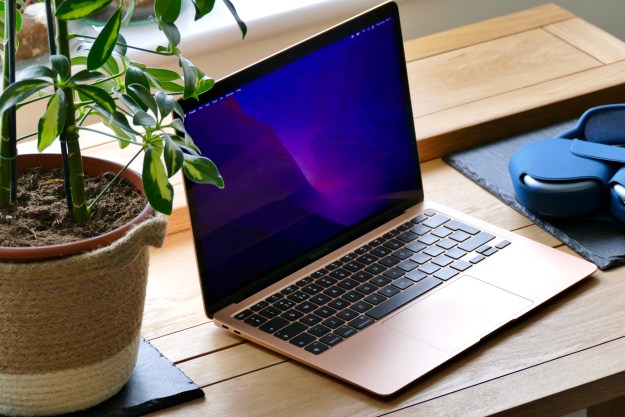
The limit was proposed after several complaints from San Francisco residents, who have seen house prices and rentals rise dramatically in the last few years. Airbnb is considered by some residents to be one of the major factors in the price rise, as more tourists flock to the city paying much higher rates than do residents for short-term accommodation.
Airbnb spent $8 million campaigning against the proposal, and that investment seems to have paid off. It may not help Airbnb in the future however, as Quebec, Santa Monica, Washington D.C., and a few other places look to regulate the mobile app.
Local Measure F would have forced Airbnb to limit short-term rentals to 75 days per year. It would have required residents to submit a quarterly report on the number of days they live in the house and the number of days it is rented. San Francisco residents would also have been able to sue Airbnb for falsely listing a unit as a short-term rental.
Luckily for Airbnb, the people of San Francisco sided with them this time. The city is one of Airbnb’s most valuable locations, and stricter regulation might remove hundreds of short-term rentals owned by property developers or landlords.
So far, Airbnb has been able to function in almost the same way as it did when it launched, unlike another controversial startup, Uber, that is facing regulatory investigation in three continents. As more people start joining Airbnb as hosts and guests however, we might see more governments and local councils start to look into what effect short-term rentals are having on rental costs, housing development, and tourism.
Editors' Recommendations
- San Francisco’s curb on tech tests in public spaces could sink pogo stick plan
- Scientists at UC San Francisco discover gene that helps supercharge sleep
- San Francisco won the battle, but the war on facial-recognition has just begun


